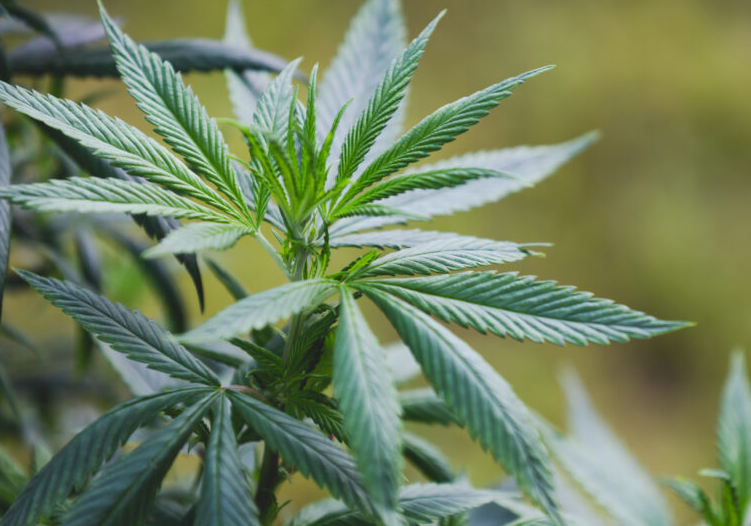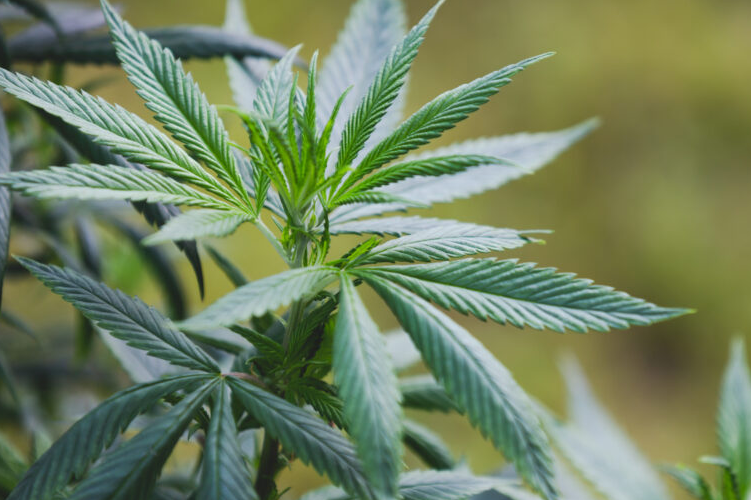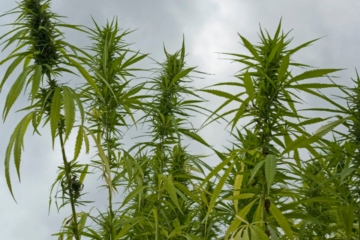Massachusetts lawmakers just took a big step toward easing cannabis rules. The state Senate’s budget committee unanimously approved a bill that doubles the legal marijuana possession limit for adults from one to two ounces. It also shakes up the Cannabis Control Commission to make it run smoother. What does this mean for everyday users and the booming industry? Stick around to find out the details and why it’s sparking buzz.
The Senate Ways and Means Committee voted 16-0 on Thursday to pass Senate Bill 2722. This move comes after the House approved a similar version earlier this year. At its core, the bill aims to update rules set when voters legalized recreational marijuana back in 2016.
The biggest change doubles the possession limit to two ounces, responding to how common cannabis use has become over the past seven years. This tweak could make life easier for adults who buy in bulk without fear of breaking the law.
Beyond possession, the bill shrinks and reorganizes the Cannabis Control Commission. It strips the state treasurer of appointment powers and focuses on better accountability. Supporters say this will cut red tape and boost financial stability in an industry worth billions.
The Senate version differs from the House bill in a few spots, like how many retail licenses get handed out. Lawmakers hope to iron out these differences soon.
One short point: This isn’t just about carrying more weed; it’s about making the whole system work better for businesses and buyers.
Why Lawmakers Pushed for This Update
Frustration with the current setup has been building. The Cannabis Control Commission has faced criticism for slow decisions and internal drama. This bill tackles those issues head-on by streamlining operations.
Advocates argue that raising the possession limit aligns with real-world habits. Since legalization, sales have soared, hitting over $8 billion in the state. But outdated limits have led to unnecessary busts for minor amounts.
Take a look at some quick facts on Massachusetts cannabis by the numbers:
- Legal possession now: 1 ounce
- Proposed: 2 ounces
- Home grow limit: Stays at 6 plants per person
- Industry value: $8 billion annually
This data comes from state reports tracking the market since 2018. It shows how the industry has grown, but regulations haven’t kept up.
Some worry about public safety, but backers point to studies showing no big spike in accidents or crime after legalization. A 2023 report from the state’s public health department found that responsible use hasn’t overwhelmed hospitals or roads.
The push also reflects broader trends. Other states like New York and California have loosened rules, and Massachusetts wants to stay competitive.

Background on Cannabis Laws in Massachusetts
Voters said yes to recreational marijuana in 2016, making Massachusetts one of the first East Coast states to go green. Sales kicked off in 2018, and since then, the market has exploded with dispensaries popping up everywhere.
But not everything has been smooth. The regulatory commission has dealt with leadership shakeups and lawsuits. This bill is the latest attempt to fix that, building on past reforms.
Remember, this all started with a ballot question where 54% of voters approved legalization. It promised tax revenue for schools and roads, which has delivered millions so far.
Early on, possession was capped at one ounce to ease concerns about overuse. Now, with data showing most users stay responsible, lawmakers see room to adjust.
The bill also nods to equity. It could open more doors for small businesses in underserved areas, addressing complaints that big players dominate the market.
One example: In Boston, new licenses have been slow to roll out, leaving some neighborhoods without easy access.
What’s Next for the Bill and Users
The full Senate plans to debate and vote on the bill next week, possibly on November 19. If it passes, it’ll head to a conference committee to merge with the House version. Governor Maura Healey, who has pardoned past marijuana convictions, might sign it quickly.
For users, this could mean fewer worries about carrying a bit more for personal use. Businesses might see faster approvals and more licenses, sparking growth.
But challenges remain. Opponents fear it could encourage black market sales or teen use, though stats from similar changes elsewhere suggest otherwise.
A recent study by the American Journal of Public Health in 2024 analyzed states with higher limits and found no rise in youth consumption.
As Massachusetts tweaks its cannabis laws, it’s clear the state is adapting to a maturing industry. This bill could set a model for others, balancing freedom with smart oversight. It reminds us how voter-driven changes continue to evolve, offering hope for a fairer system that benefits everyone from casual users to entrepreneurs.




